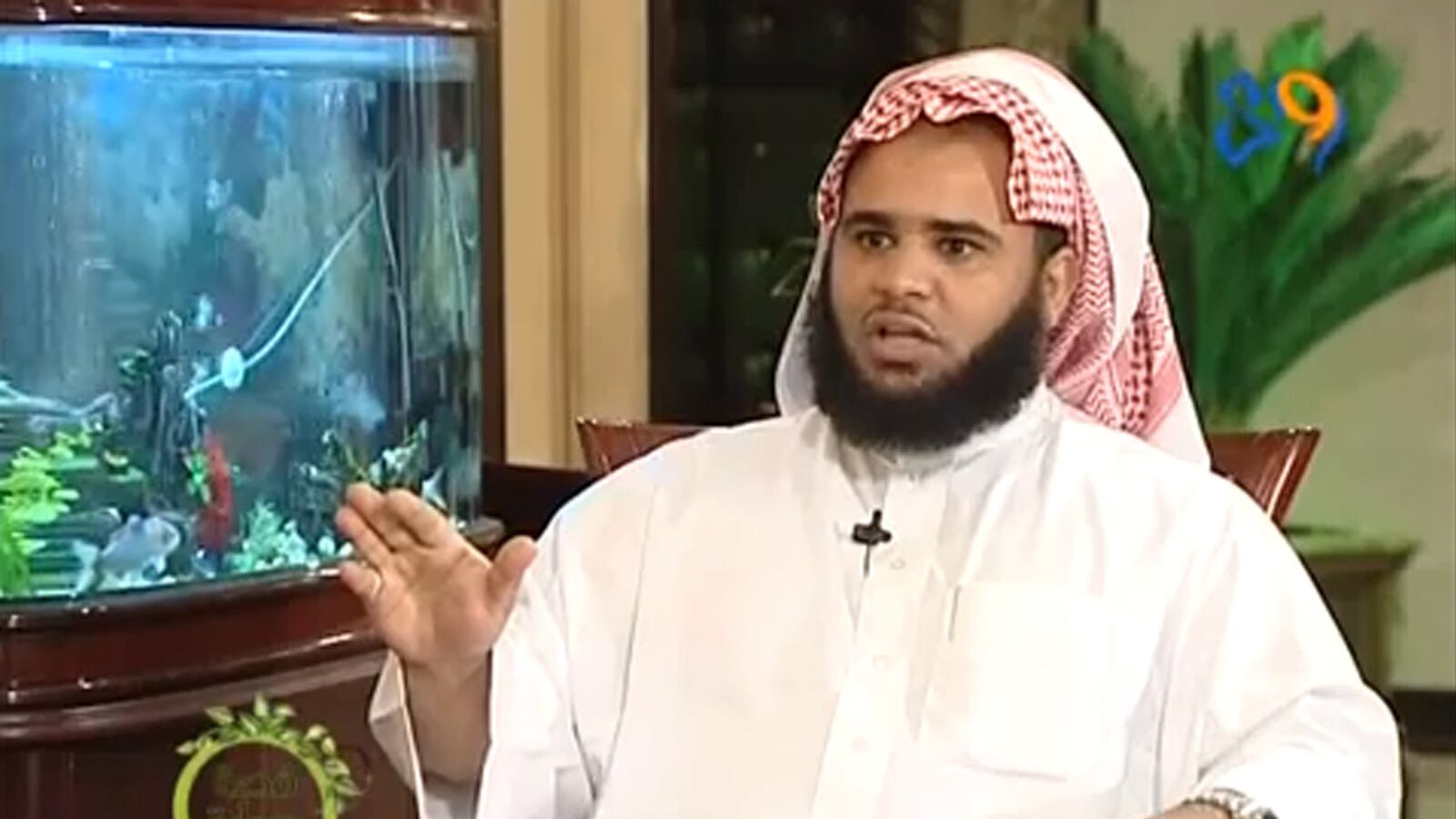Saudi Arabia has yet again been placed under international scrutiny after a story circulated stating that a father who raped and killed his own daughter last year was to be set free upon a small payment of blood money.

The self-proclaimed Saudi cleric Fayan Al-Ghamdi has been accused of raping and torturing his own 5-year-old daughter, Lama Al-Ghamdi, to death. Dr. Mohammed Mehdi, the medical examiner in Lama’s case reported to Asharq Al-Awsat that the “offender committed all sorts of physical abuse on the victim” and that the 5-year-old girl suffered from clear evidence of sexual abuse and rape, including “swelling in the region of the genitals and laceration in her anal area.”
The father confessed to the abuse, mentioning to the judge that he believed that Lama was behaving inappropriately. Al-Ghamdi had even hired a medical professional to examine and confirm that his child’s virginity was intact.
Lama’s mother is an Egyptian national who had been living in Saudi Arabia for over 25 years. Due to Saudi laws heavily favoring the father in cases of child guardianship, she lost custody of her daughter when Al-Ghamdi divorced her. Lama’s mother said in an interview that she had begged Al-Ghamdi to allow her to see her daughter but he strongly refused; allowing only very brief telephone conversations between the mother and her daughter.
The anger did not end with Lama’s death, as a story circulated in the last week stating that Al-Ghamdi’s judge allowed him to walk free upon a small payment of blood money to the mother. Many were outraged over the judge’s alleged decision to let Al-Ghamdi off so easily, noting that Lama’s case highlighted once again an absolute failure of the Saudi system to protect women and children. Human Rights Watch released a report in the same week of Al-Ghamdi’s hearing criticizing the Saudi system for being “lax” on punishments for domestic abusers. Saudi writer Iman Al Nafjan blogged, “Over and over again, the courts have let fathers and husbands literally get away with murder.”
The Kingdom is notorious for its harsh punishments for seemingly petty crimes. Amnesty International reported that at least 79 individuals were beheaded in Saudi Arabia in 2012 alone, eight of whom were teenagers. The majority of execution cases in the country are against individuals charged of trafficking drugs into the country; individuals can and have been executed for murder, apostasy, and sorcery. With such harsh punishments possible in Saudi Arabia, many were shocked that Al-Ghamdi could get away with the torture, rape, and murder of his own daughter.
However, it appears that the reports on this ruling were premature. Itmad AlSunaidi, a legal researcher at the Human Rights Association in Riyadh, told Asharq Al-Awsat Tuesday that the hearing would begin this week, that no blood money sentence has been issued, and in a crime this big that no sentence would be called in just one session. Al-Watan reported that the court session would be on February 5, and that it would be the first hearing where Lana’s mother would have legal representation.
Though the ruling was unconfirmed, it brought up important debates highlighting the flaws in Saudi Arabia’s justice system, which leaves the fate of any individual in the hands of the judge. There exists no unified code of punishments in the country, thus similar crimes often result in very different punishments, as long as the judge can find some sort of justification for his decision in Islamic texts. The Saudi government’s very rigid interpretation of Islam also leaves the possibility for these judges to base their ruling in religious texts with very weak sources, which are considered invalid in other Islamic interpretations.
The simple fact that this unconfirmed ruling was so widely believed shows a deep lack of faith in the Saudi justice system, both internally and internationally. Though the international outcry over this unconfirmed ruling was premature, it may serve a very positive purpose. The voices that condemned the concept of a light sentence for Al-Ghamdi’s heinous crime may be able to influence the decision makers in this case, and in cases of domestic abuse to come.






